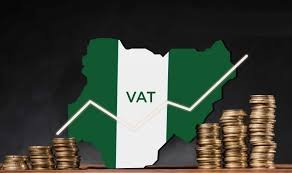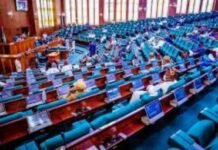States whose allocation have tripled as a result of the withdrawal of petrol subsidy by President Bola Ahmed Tinubu will earn more revenue from the Value Added Tax (VAT) distribution in the new tax regime.
The tax law signed last month by the President is due to take effect from January.
In the VAT distribution in the VAT distribution plan state governments will receive 55 per cent of, up from the current 50 per cent.
In contrast, the Federal Government’s share will drop from 15 per cent to 10 per cent. That of local governments will remain at 35 per cent.
The adjustments are a part of the new tax administration policy signed by President Bola Tinubu early last month. They also mark a shift in Nigeria’s fiscal framework.
The revised VAT sharing formula reflects growing calls for more fiscal decentralisation and is expected to boost the financial capacity of states.
A senior official at the Federal Ministry of Finance described the development as “a political and economic compromise” intended to aligning fiscal responsibility with revenue allocation.
Beyond the new sharing ratio, the Act changes how VAT revenues are distributed among states and local governments. Of the VAT portion allocated to them, 50 percent will be shared equally among all states and LGAs, 20 percent will be distributed based on population size and 30 percent based on actual consumption of goods and services within each area.
This new formula replaces the old method that allocated part of the revenue based on where companies filed their VAT returns, often to the advantage of states hosting corporate headquarters.
The law also places new obligations on financial institutions. Banks, insurance firms, stockbroking companies and other financial operators are now required to file quarterly reports to the tax authorities.
The reports must list all new customers and identify individual accounts with monthly transactions of N25 million or more, and corporate accounts with cumulative monthly transactions of at least N100 million.
![]()










